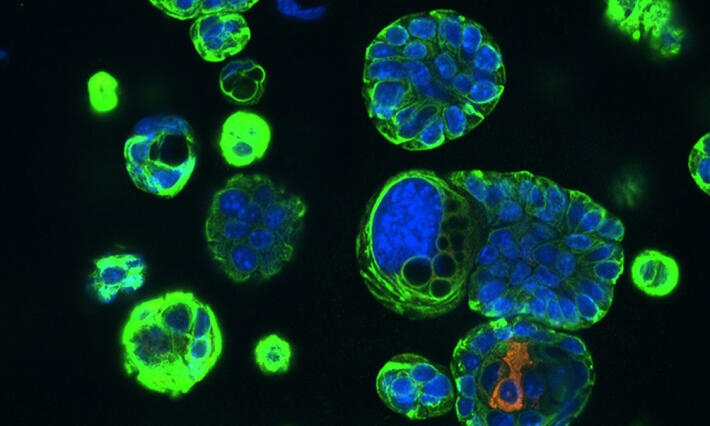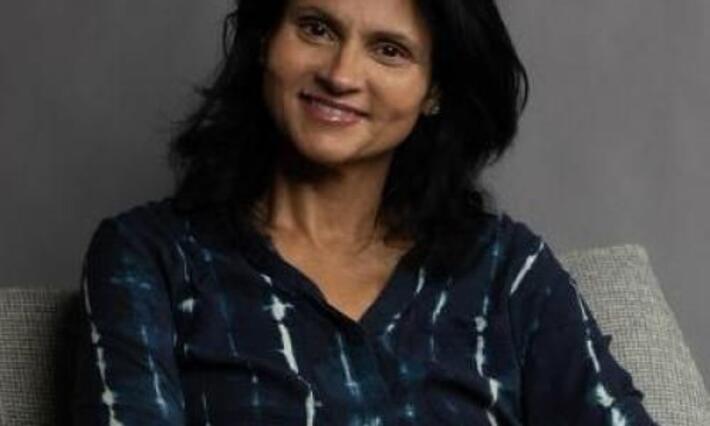Work/Life Balance
Despite the extra mental, physical and emotional challenges that living with brain mets entails, Levene managed to find a steady work/life balance. In fact, business at her non-profit took off. The number of Helps Education Fund employees grew to 15 with staff in Durham and Charlotte. She was running the non-profit, which engages teachers, parents, and volunteers to improve student learning, with a close-to $1 million budget.
For Levene, continuing to work full-time (often from Duke Cancer Center) was a way to survive through it all. As long as she could write a grant, even if badly written, answer a few emails a day, or even Zoom from her infusion chair into virtual meetings with colleagues, she found a way.
When she had to be at Duke Cancer Center for appointments or treatments, she’d have someone drop her off in the morning and pick her up at the end of the day. No matter how long she had to be there, she’d make a day of it — settling in to work during her infusions, or while waiting for a clinic appointment, and then continuing to work in the cancer center’s Patient Resource Center or her special spot on the third floor.
“If it had been any other environment that wasn’t this center, I don’t know if my non-profit would have survived,” said Levene. “The resources at Duke are amazing and the cancer center is amazing. They have wifi here. Free coffee. They deliver snacks. They have seats that have desks. They have everything set up so that you can work."
She also took advantage of other supportive resources like medical family therapists, psychologists, social workers, and the free haircuts offered in the Belk Boutique. Last summer, her son, nine, started going to Camp Kessem, a no-cost camp for children impacted by a parent’s cancer — a resource she learned about through DCI. Her six-year-old daughter will join him next year.
Levene said she “built a community” in her “second home.”
“When I was diagnosed with brain mets, one of the things I thought about was that all of the normal breast cancer people are afraid of me now… Who do I go to?” said Levene, who’d joined Facebook groups, attended general cancer support groups, and made friends with patients with “curable” breast cancer up until that point. “I ended up becoming friends with a man with stage 4 lung cancer. We started having coffee once every three weeks and all of the sudden I felt like I could relate to him. People who have other kinds of cancers don’t always have that immediate rapport, but it’s different for those with stage 4.”
She also met metastatic breast cancer thrivers like herself being treated at Duke, like Pam Kohl with the N.C. Triangle to the Coast Affiliate of the Susan G. Komen Foundation, “who’s been fantastic and added to my group,” and Katrina Cooke, a member of DCI’s Oncology Patient Advisory Council, whom she first met when they both spoke at an NCTC Komen Young Researchers Roundtable Breakfast on metastatic breast cancer last fall.
“I wasn’t really scared of cancer until I was stage 4,” admitted Levene. “Even when I was first diagnosed with cancer, even though it had spread to my lymph nodes, it wasn’t metastatic. I knew there was a beginning, middle, and end. And even the second time I was like, “Well there’s going to be an end to this and I can put it behind me.” It wasn’t until I learned about the brain mets that I realized, “Well, there isn’t going to be an end to this. More of a living with it.” I feel like those people who have Crohn’s or Lyme disease. It’s like the same shit I’m going through — a chronic disease — always on some kind of medicine.”






